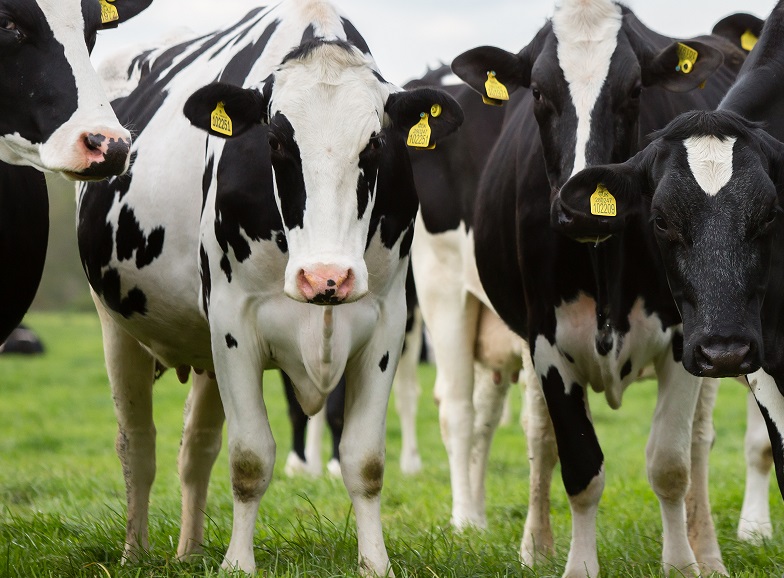Background
Appropriate dietary protein supply is crucial to the health and fertility of dairy cows and their ability to give high yields of milk. However, protein-rich feed supplements such as soybean meal are expensive and can have a large environmental footprint. Furthermore, if digestible protein is fed in excess of the animal’s needs it will be degraded and its nitrogen excreted in urine. Reducing the nitrogen concentration in cow manure will decrease the potential for gaseous nitrous oxide and ammonia to be emitted and prevent excess nitrogen from entering local watercourses.
ObjectivesShort term studies have shown that reducing the crude protein (CP) concentration of the diet is a simple strategy that improves the efficiency of diet nitrogen utilisation, reducing wastage of nitrogen in manure. However the long-term effect of feeding lower protein diets over several lactations has never been examined in detail until now. The aim of the present study was to investigate whether feeding high (similar to commercial practice), medium, or low (below requirement) protein diets to dairy cows over multiple lactations affects their digestive function, health, and milk yield and composition. The project was a collaborative study led by the University of Reading where, at the Centre for Dairy Research, 215 cows were been followed for three full lactations to assess the effects of the dietary treatments over time. Meanwhile, collaborators also measured the effects of reduced protein supply in growing and grazing dairy cows (Aberystwyth University and SRUC Crichton respectively). Outcomes and ImpactThis project began in 2012 and ran for 6.5 years. Between 2013 and 2017 all animals on the study were fed individually and their milk yield and composition, fertility, and health was monitored. The final 1.5 years of the project were used to fully analyse the data and communicate final recommendations. Preliminary findings showed promising results for cows fed the medium protein diet, with no loss of milk and improved efficiency in comparison to cows fed the high protein diet in the first year of the study. Reductions in milk yield for the low diet were less than expected, but researchers are continuing to determine if feeding the low protein diet has had long-term effects on cow fertility and health. Further results will be shared once findings have been fully analysed and reported. Key university staffProfessor Chris Reynolds , Professor of Animal & Dairy Science Barney Jones, Head of Applied Unit, Animal Dairy & Food Chain Sciences Richard Bennett, Research Dean Anna Thomson, Post-Doctoral Research Assistant Philip Jones, Senior Research Fellow Related Publications
|

